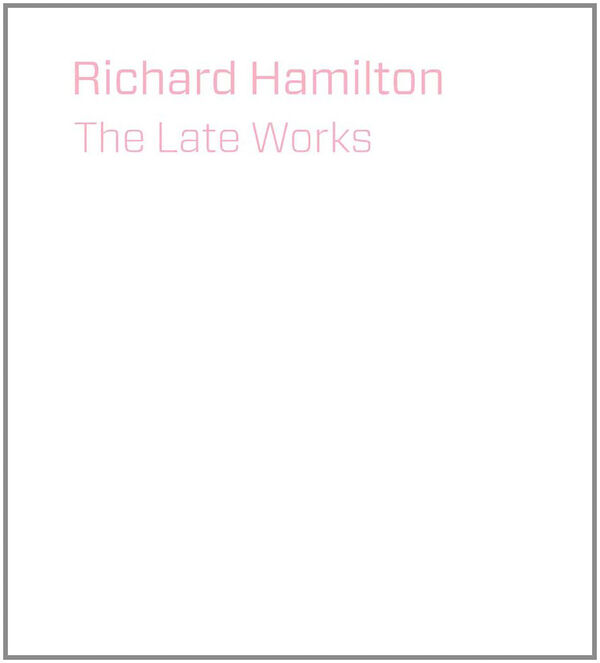Kontakt
art book cologne GmbH & Co. KG
Deutzer Freiheit 107
50679 Köln
Germany
Öffnungszeiten Büro und Showroom:
Montag-Freitag von 8-17 Uhr
info@artbookcologne.de
Tel.: +49 221 800 80 80
Fax: +49 221 800 80 82
Über uns
Seit 1997 sind wir Großhandel für hochwertige Publikationen der Gebiete Kunst, Kunsttheorie, Kunstgewerbe, Architektur, Design, Fotografie und illustrierte Kulturgeschichte. Unser kleines Team setzt sich aus den Fachgebieten Kunst, Kultur, Musik, Buchhandel und Medien zusammen und hat bei aller Vielfalt einen gemeinsamen Nenner: Die Begeisterung für schöne Kunstbücher.
Der Schwerpunkt unserer Tätigkeit liegt in der Übernahme von Restauflagen von Verlagen, Museen und Kunstinstitutionen. Wir bieten diese Titel dem Sortiments- und Versandbuchhandel, den Museumsshops und dem Kunsthandel an.
Richard Hamilton – Late Works (*Hurt)
| Verlag | Yale University Press |
| Jahr | 2012 |
| Einbandart | Fester Einband |
| Sprache | Englisch |
| Bemerkung | (*Hurt) Nicht in perfektem Zustand! |
| ISBN | 978-1-85709-548-7 |
| Seiten | 64 |
| Gewicht | 363 g |
| Mehr | |
| Autor(en) | Christopher Riopelle, Michael Bracewell |
| Buchtyp | Ausst'publikation |
| Museum / Ort | National Gallery, London |
| Artikel ID | art-59086 |
For decades the most continually provocative of British artists, Richard Hamilton (1922-2011) was long concerned with the great themes of Western painting.
At the time of his death, he was completing plans for an exhibition at the National Gallery, London, to include the first public showing of what turned out to be his final work. Based on Balzac's short story, The Unknown Masterpiece, it depicts three masters of painting – Poussin, Courbet, and Titian – contemplating a reclining female nude and reflecting on the meaning of art. As with much of Hamilton's late work, the image was generated by computer but over-painted by hand.
Knowing he would not complete it, Hamilton decided to show three preparatory versions simultaneously. In addition, he selected thirty paintings tracing the development of his art, featuring single-point perspective and the depiction of interior spaces, the sacred imagery of the Italian Renaissance, and allusions to the art of Marcel Duchamp.

